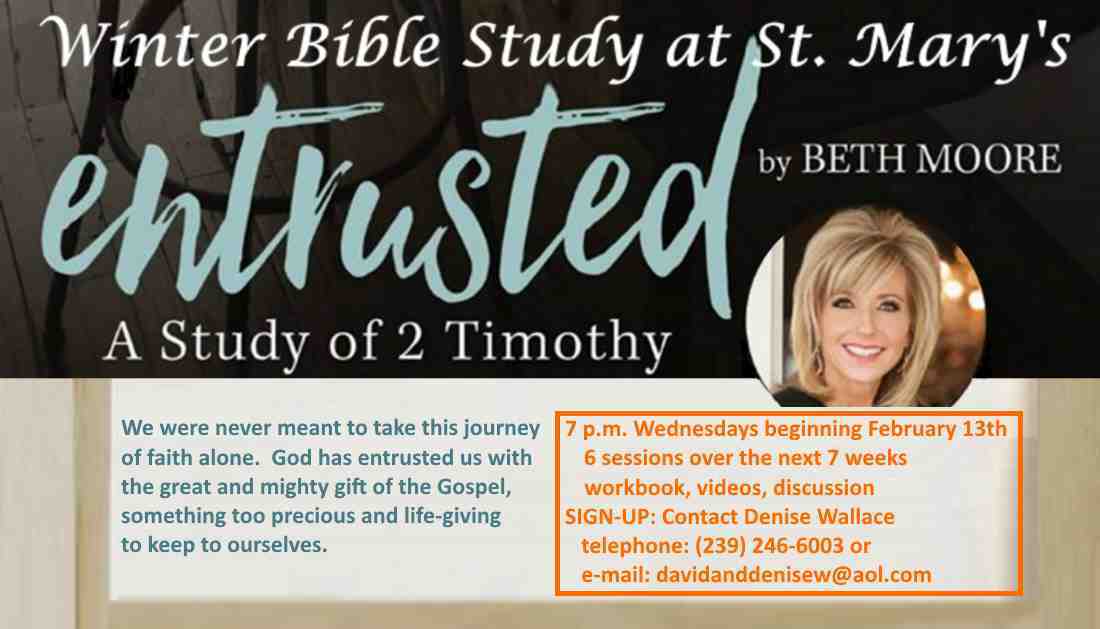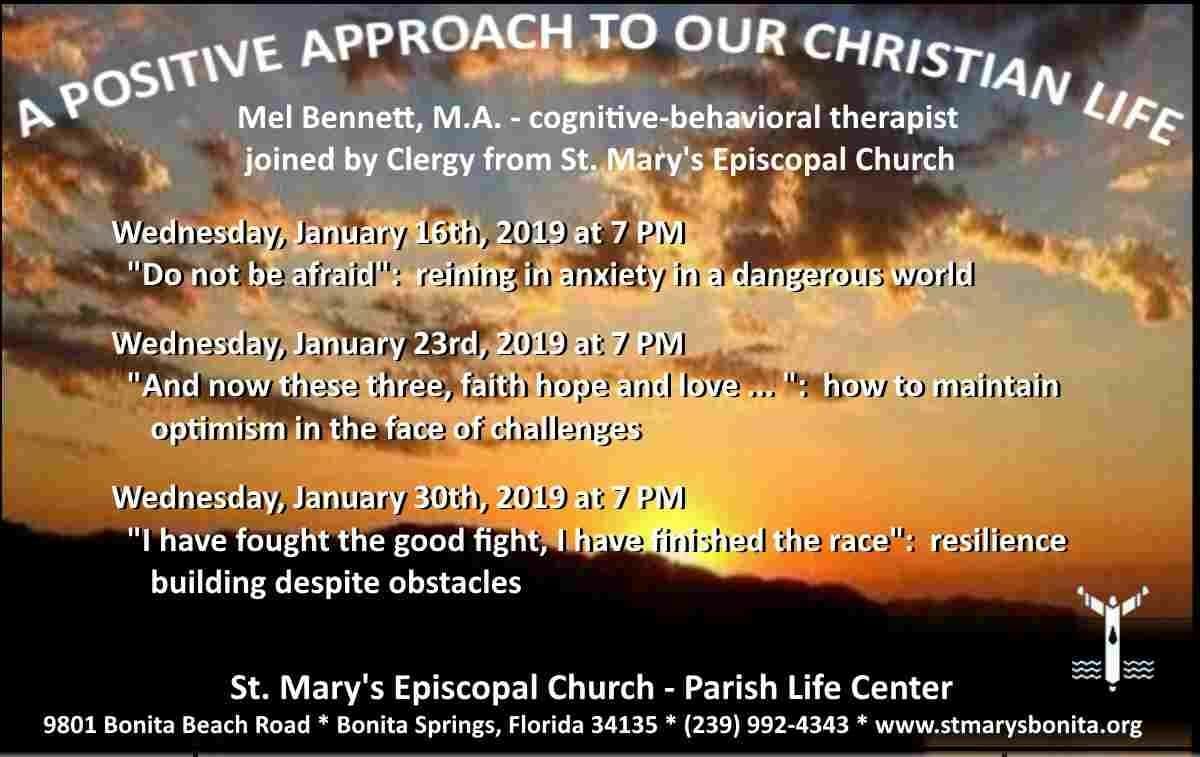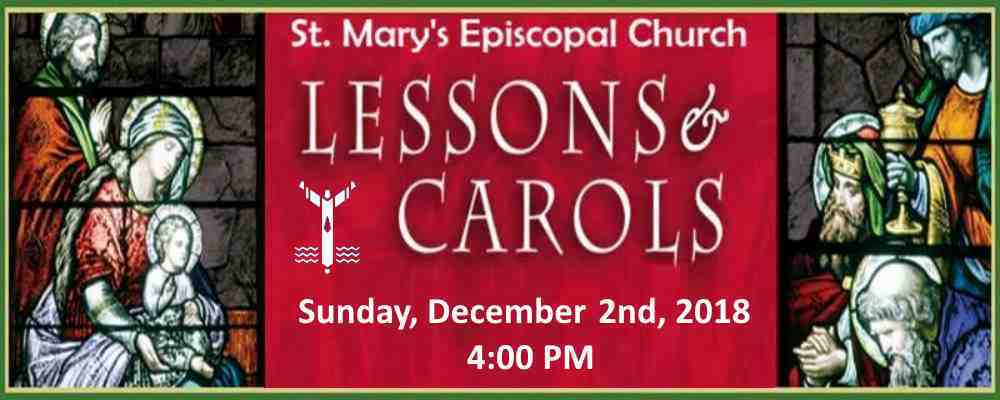There are several doctrines of our faith as Christians we hold to be fundamental; among which are the Incarnation, the Trinity, and the Paschal Mystery. It is during Holy Week that we experience and celebrate the Paschal Mystery; that is, Christ’s Passion, Christ’s Death, Christ’s Resurrection. The remaining act of the Paschal Mystery is Christ’s glorification in his Ascension. It is important, indeed essential, to realize that such doctrines are accepted as truths to us because they have been divinely revealed to us by God’s grace and we, through the power of the Holy Spirit, believe them to be so. They are realities to us even though they exist outside our human understanding for explaining them. Therefore, during Holy Week, beginning with The Sunday of the Passion: Palm Sunday, and encompassing Maundy Thursday with the Last Supper; Good Friday with Christ’s Passion, Crucifixion, and Death; and Christ’s Resurrection with the Easter Vigil on Saturday and Easter Sunday; we enter into and participate in the Paschal Mystery as the fundamental truth of our faith.
So what is that we are participating in; as the fundamental truth of our faith? Where does the word Paschal come from and what does it mean? And why is it deemed a mystery? First, the word Paschal has its origins in the Early Church, as found in poetry in the second century. Its broadest definition is that of passover; which has a direct biblical connection to God’s interceding on behalf of his Chosen People, Israel when he passed over the homes of the Israelites in bondage in Egypt and saved them from death and destruction while the Egyptians suffered God’s wrath. Consequently the Feast of the Passover, in which with Holy Week is rooted, became a major annual liturgical event among the people of Israel. Therefore, and not by coincidence, we as Christians, essentially observe in the Paschal Mystery our passing over from death into life, darkness into light, bondage into freedom; all through the redemptive act of Christ’s passion and death on the Cross; and his resurrection, leaving behind the empty tomb. These are realities, truths for us as Christians; they give us our identity, and we affirm them week after week when we recite the Nicene Creed and celebrate the Eucharist.
Requiring more spiritual ascetic effort to understand on our part, perhaps, is what it means to call this a mystery. Holy Scripture is always the first and best place to look for answers to questions about our faith; and so we read from St. Paul’s Letter to the Ephesians the following: “…for surely you have already heard of the commission of God’s grace that was given me for you, and how the mystery was made known to me by revelation, as I wrote above in a few words, a reading of which will enable you to perceive my understanding of the mystery of Christ. In former generations this mystery was not made known to humankind, as it has now been revealed to his holy apostles and prophets by the Spirit.” And that’s just the beginning; few realize that the word mystery appears nearly 30 times in the New Testament. Actually the more appropriate translation is mystical (“that which awaits disclosure or interpretation”). We express our “mystery of faith” in the heart of the Eucharist; understood as “a mystery hidden in God, which can never be known unless revealed by God.” This mystery has now been made known to us, it was to St. Paul, in Jesus Christ. All of Christ’s mighty acts of Holy Week, beginning with The Sunday of the Passion: Palm Sunday and culminating with Easter are the fulfillment of the Paschal Mystery: our crossing over from bondage into freedom, darkness into light, death into life. Now endowed with this revelation we are even more empowered to say “Blessed is he who comes in the name of the Lord” and shout “ALLELUIA, ALLELUIA.”







Leave A Comment